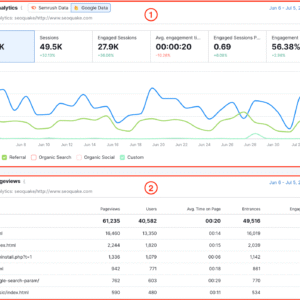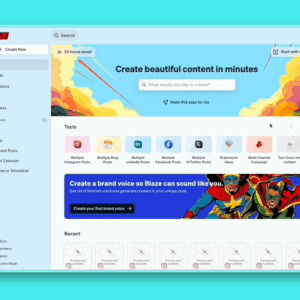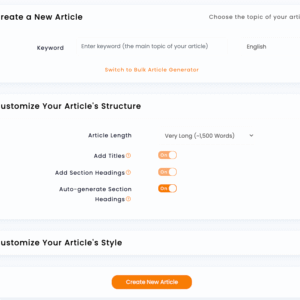Description
1. Extended Context & Hybrid Reasoning
- Process longer documents and command deeper reasoning with 200K-token memory; balance speed and depth with instant vs extended modes.
2. Web Search & Citation
- Live browsing integration with source citations, paid users now have real‑time data for fact-based responses.
3. Artifacts Workspace
- Build and share interactive content reports, visuals, and tools as collaborative artifacts. Expanded to all plans.
4. Claude Code (Terminal Coding Agent)
- Command-line interface for coding, help debugging, git tasks, scripts, and file editing, ideal for developers.
5. Multimodal & Voice Support
- Submit image, file, or spoken prompts; Claude analyzes charts, documents, and converts voice to text.
6. Enterprise Features
- Enterprise & Team include SSO, admin dashboard, memory files, audit logging, file sync, and Google Workspace integration.









Reviews
There are no reviews yet.